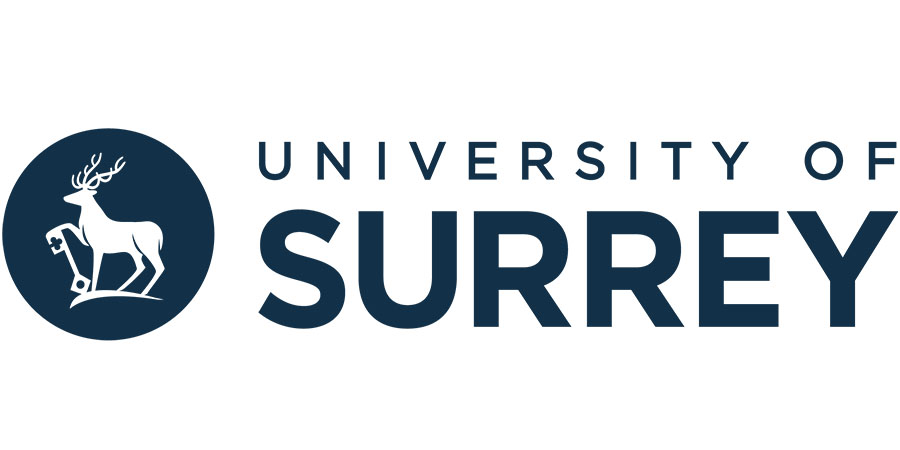PhD Studentship: Our Galaxy in motion: Ridges, ripples and spirals in the Milky Way
University of Surrey
| Location: | Guildford |
|---|---|
| Salary: | UKRI / SFTC standard stipend (£19,237 for 2024-25, expected to rise for 2025-26 start. Exact number to be set by UKRI). Funding is available for 3.5 years. |
| Hours: | Full Time |
| Contract Type: | Fixed-Term/Contract |
| Placed On: | 6th December 2024 |
|---|---|
| Closes: | 6th January 2025 |
| Job Ref: | PGR-2425-011 |
PhD Studentship: Our Galaxy in motion: Ridges, ripples and spirals in the Milky Way
The European Space Agency’s Gaia mission to map the position and motion of around 1.8 billion stars has revolutionized our view of the Milky Way. Combined with complementary state-of-the-art ground-based surveys such as SDSS-IV & V we are now able to measure the position, kinematics and chemical composition of stars far across the Galactic disc.
These new surveys have revealed that our Galaxy is out of equilibrium, with ridges, ripples and spirals present in the position and motion of stars, which have spread across tens of thousands of light years in the Galactic disc similar to how ripples spread across a body of water after it is disturbed. These encode the dynamical history of our Galaxy, carrying information about past events such as satellite galaxy mergers, and the evolution of the Milky Way’s bar and spiral arms.
In this project, you would apply state-of-the-art modelling and analysis tools to data from Gaia and other Milky Way surveys and high-resolution galaxy simulations to explore disequilibrium processes in the stellar disc and dark matter halo, and unveil the chemodynamical history of our Galaxy.
The project would suit someone with an interest in Galactic dynamics & archaeology, bridging across real data and simulation. You would learn software development skills as well as theoretical astrophysics, working within a friendly and welcoming department with lots of complementary expertise on galaxies, stars and dark matter. There is some flexibility to be more data focused, or more simulation focused depending on the student's interests.
Supervisors: Dr Jason Hunt and Dr Denis Erkal
Entry requirements
Open to any UK or international candidates. Up to 30% of our UKRI funded studentships can be awarded to candidates paying international rate fees. Find out more about eligibility. Starting in October 2025. Later start dates may be possible, please contact Dr Jason Hunt once the deadline passes.
You will need to meet the minimum entry requirements for our PhD programme.
How to apply
Applications should be submitted via the Physics PhD programme page.
In place of a research proposal, you should upload a document stating the title of the project that you wish to apply for and the name of the relevant supervisor.
Funding
UKRI / SFTC standard stipend (£19,237 for 2024-25, expected to rise for 2025-26 start. Exact number to be set by UKRI). Funding is available for 3.5 years.
Application deadline
6 January 2025
Enquiries
Contact Dr Jason Hunt
Ref
PGR-2425-011
Advert information
Type / Role:
Subject Area(s):
Location(s):









